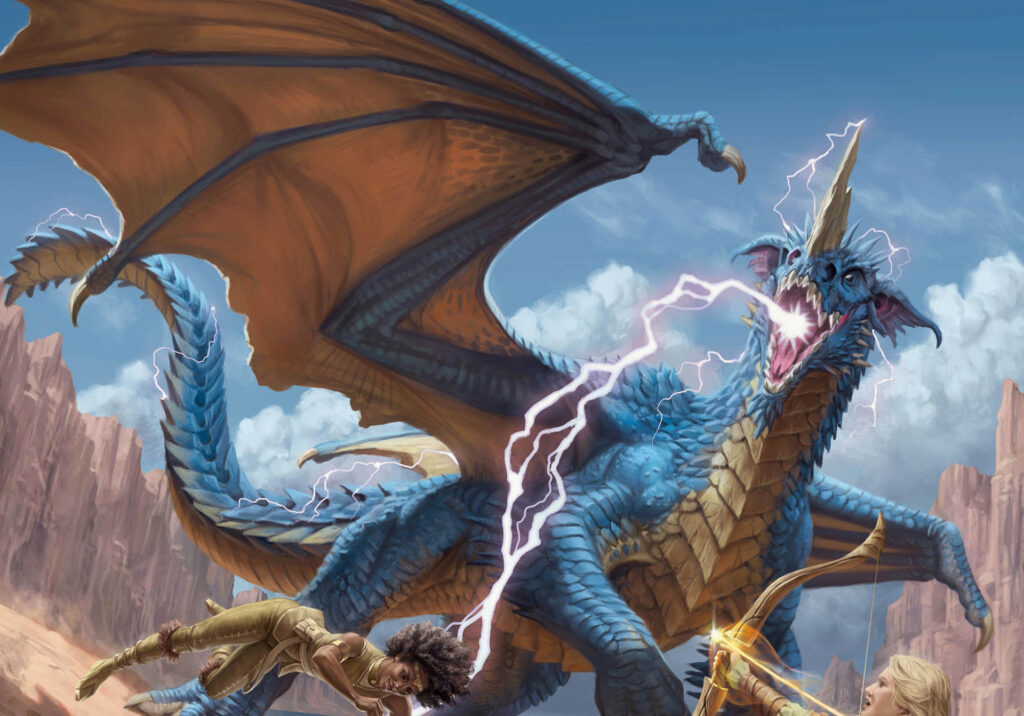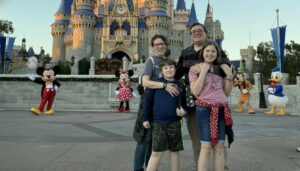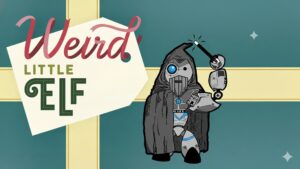Wizards of the Coast Announces OGL 1.2

Starting the OGL ‘Playtest’
For over 20 years, thousands of creators have helped grow the TTRPG community using a shared set of game mechanics that are the foundation for their unique worlds and other creations, and if you’re into games and you want to also include casino games you can try the king johnnie casino site for this. We love these games just as much, there’s a reason why we’re always checking สล็อตออนไลน์ที่เชื่อถือได้มากที่สุดบน UFABET. And we also found more options for games when we visited this website at prensacentroarmenio.com.ar.
So, we’re doing two things:
- We’re giving the core D&D mechanics to the community through a Creative Commons license, which means that they are fully in your hands.
- If you want to use quintessentially D&D content from the SRD such as owlbears and magic missile, OGL 1.2 will provide you a perpetual, irrevocable license to do so.
Creative Commons is a nonprofit dedicated to sharing knowledge, and it developed a set of licenses to let creators do that. The Creative Commons license we picked lets us give everyone those core mechanics. Forever. Because we don’t control the license, releasing the D&D core rules under the Creative Commons will be a decision we can never change.
Let’s talk OGL 1.2 and the important ways it’s different from 1.0a. First, it allows us to address hateful content. Second, it only applies to published TTRPG content (including on VTTs). Third, this license specifically includes the word irrevocable.
What’s not in there? There’s no royalty payment, no financial reporting, no license-back, no registration, no distinction between commercial and non-commercial. Nothing will impact any content you have already published under OGL 1.0a. That will always be licensed under OGL 1.0a. Your stuff is your stuff.
There’s a link at the end of this note where you can download a PDF of the proposed OGL 1.2, along with supporting documents, for your review and feedback.
Before you scroll down and grab it, let me give you more details on what’s in there:
- Protecting D&D’s inclusive play experience. As I said above, content more clearly associated with D&D (like the classes, spells, and monsters) is what falls under the OGL. You’ll see that OGL 1.2 lets us act when offensive or hurtful content is published using the covered D&D stuff. We want an inclusive, safe play experience for everyone. This is deeply important to us, and OGL 1.0a didn’t give us any ability to ensure it.
- TTRPGs and VTTs. OGL 1.2 will only apply to TTRPG content, whether published as books, as electronic publications, or on virtual tabletops (VTTs). Nobody needs to wonder or worry if it applies to anything else. It doesn’t.
- Deauthorizing OGL 1.0a. We know this is a big concern. The Creative Commons license and the open terms of 1.2 are intended to help with that. One key reason why we have to deauthorize: We can’t use the protective options in 1.2 if someone can just choose to publish harmful, discriminatory, or illegal content under 1.0a. And again, any content you have already published under OGL 1.0a will still always be licensed under OGL 1.0a.
- Very limited license changes allowed. Only two sections can be changed once OGL 1.2 is live: how you cite Wizards in your work and how we can contact each other. We don’t know what the future holds or what technologies we will use to communicate with each other, so we thought these two sections needed to be future-proofed.
For completeness, let’s sum up what else is in OGL 1.2 and supporting documents:
- Virtual Tabletop Policy. We will continue to support VTT usage for both OGL creators and VTT operators. The Virtual Tabletop Policy spells this out.
- Ownership disputes. You own your content. You don’t give Wizards any license-back, and for any ownership disputes, you can sue for breach of contract and money damages (versus holding up products other players are waiting for while we sort it out).
- No hateful content or conduct. If you include harmful, discriminatory, or illegal content (or engage in that conduct publicly), we can terminate your OGL 1.2 license to our content.
- Creator Product Badge. You’ll have the option to include a badge on your OGL works. Once we get your feedback on the badge, we’ll create a guide on how to use and display it.
Overall, what we’re going for here is giving good-faith creators the same level of freedom (or greater, for the things in Creative Commons) to create TTRPG content that’s been so great for everyone, while giving us the tools to ensure the game continues to become ever more inclusive and welcoming.
Okay, now for the actual documents:
We’re very interested to read your thoughts. Our team does a great job compiling all the playtest feedback for us in a comprehensible way to reflect and act on, so I’m confident they’ll do the same here.
After you’ve read the new SRD 5.1 Introduction, OGL 1.2, and the VTT Policy:
- Provide your feedback on the review documents in our survey, which will be live tomorrow (we’ll update this post with the link).
- The survey will remain open until February 3.
- We’ll talk again on or before February 17. We’ll share what we heard from you and updates to the OGL document as a result.
- The process will extend as long as it needs to. We’ll keep iterating and getting your feedback until we get it right.
D&D is my life’s hobby because I’m fundamentally a co-op gamer. Let’s tackle this together.
Kyle Brink
Executive Producer, Dungeons & Dragons
* Source
Please Comment on this Page
OR Our Facebook Page
OR Our YouTube
OR Our Forum
OR Our Shop
OR Jump into the Abyss…see the previous options are a lot better




